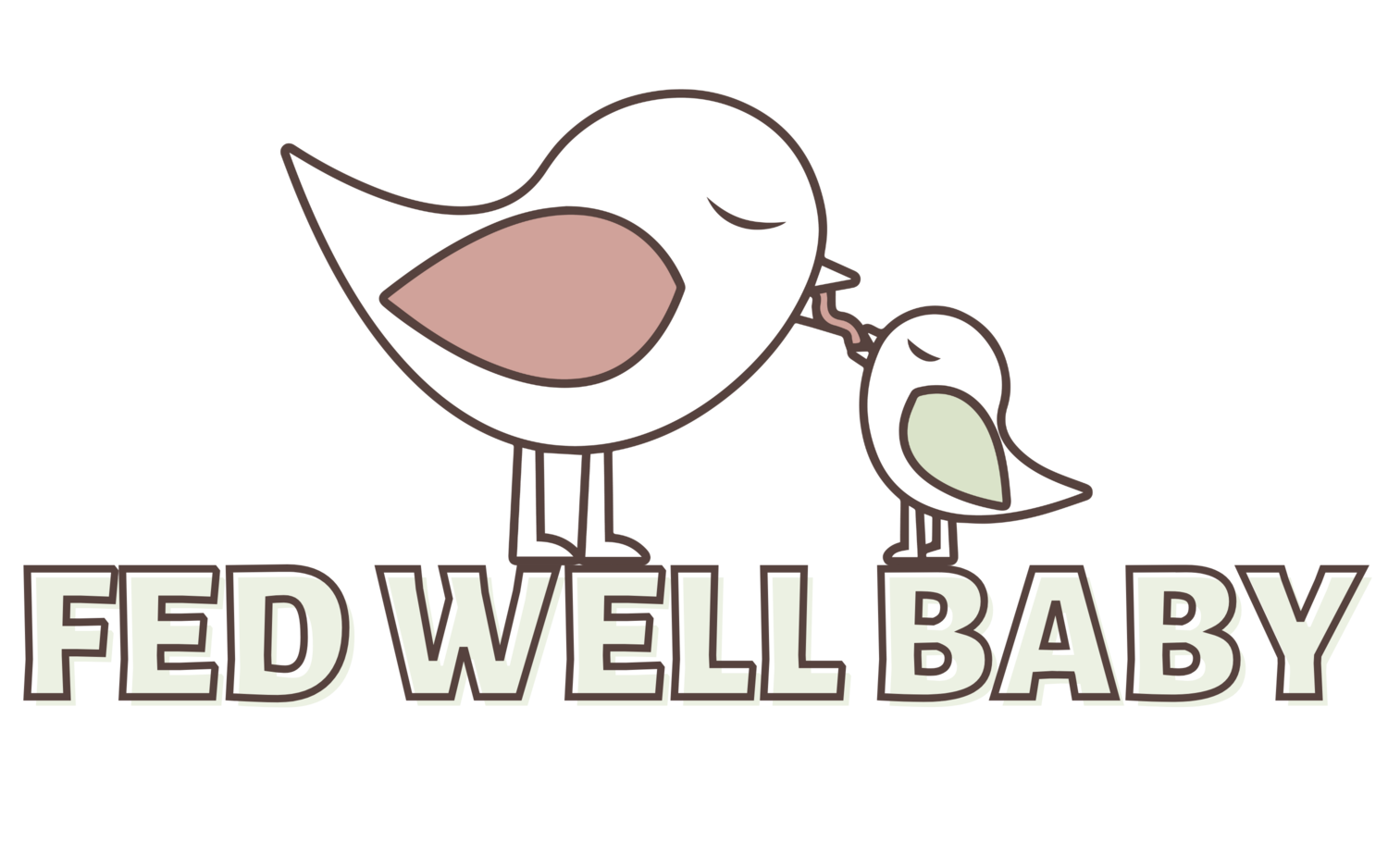
Are your nutrition levels affecting your postpartum anxiety & depression?
The general population is deficient in many important vitamins and minerals, let alone a breastfeeding mother on a restricted diet! If you are struggling with postpartum depression or anxiety, it’s very possible that you are deficient in one or several of these crucial vitamins and minerals.
Are your Vitamin D levels adequate?
Low Vitamin D3 levels are associated with increased risk of postpartum depression. This is especially true for those with darker skin tones, mothers who wear veils, get less sun exposure, or follow a strictly plant-based diet.
Best food sources: Salmon, sardines, trout, herring, mackerel, other fatty fish, pasture-raised eggs and sunlight!
Could you be magnesium deficient?
Over 50% of women don't consume enough magnesium-rich foods. Low magnesium is linked to anxiety, depression and stress.
Best food sources: Green veggies, seaweed, seafood, seeds (particularly pumpkin, sunflower and chia), nuts (particularly almonds and brazil nuts), grains, avocados, cacao powder, dark chocolate, and herbs.
Are you anemic or have low iron levels?
Postpartum anemia is associated with postpartum depression. Stress, depression and cognition are closely associated with low iron levels. Starting your monthly cycle can also impact iron levels.
Best food sources (most absorbable compared to plant sources): Liver, beef, lamb, chicken, clams, oysters, egg yolk, and salmon. NOTE: vitamin c is important for absorption!
Are you getting enough Omega-3s?
Low levels of Omega-3 can increase the chance of postpartum depression as well as impact other health factors that we explore more in the February Thrive Guide in a separate article!
Best food sources: highly-sourced oil from anchovies, sardines, squid, krill, salmon, or cod liver. Plant-based: Marine algae (one that contains DHA & EPA)
Could you be deficient in B12?
Deficiency in B12 is a risk for postpartum depression and anxiety. This is particularly a concern for those who are plant-based, have a history of gastrointestinal disorders and may not absorb B-12 well, or have had gastric bypass surgery.
Best food sources: Animal protein, liver, trout, salmon, yogurt, and egg yolk.
Next steps? Get blood work done. See if you can shift the way you are eating to incorporate more of these whole food sources of vitamins and minerals that you may be lacking. Consider working with a nutrition consultant to determine how you should shift your diet and also whether you should be supplementing with any of these vitamins based on your bloodwork.
